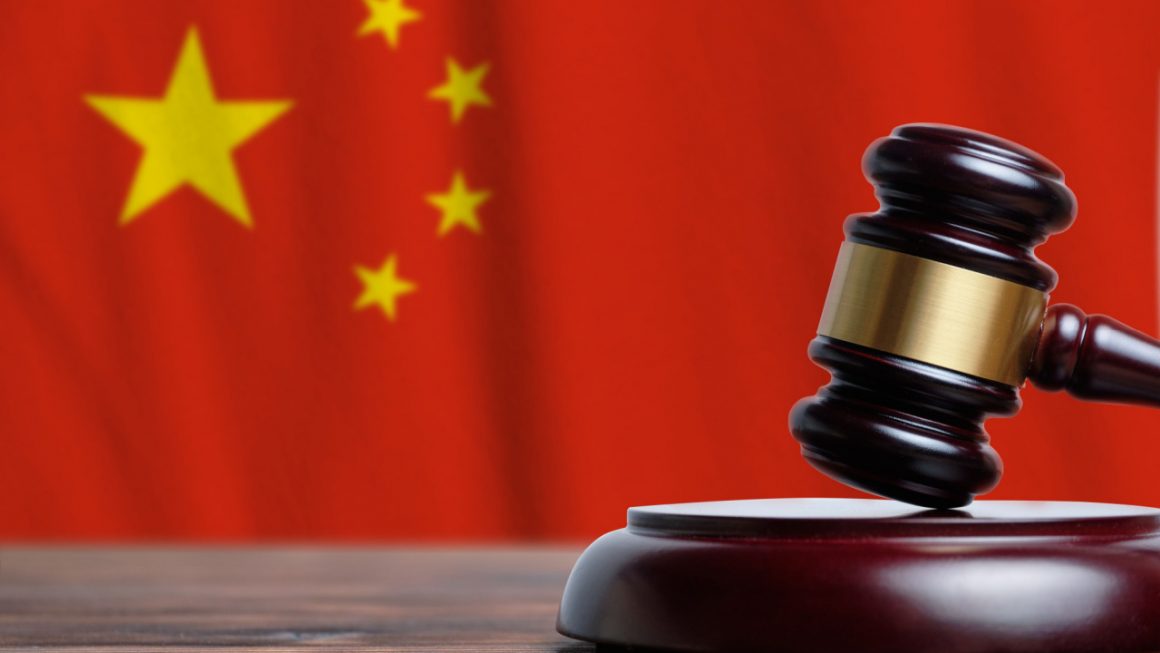Court in Hangzhou, China (NFT) stands for Virtual Assets protected by the laws of the People’s Republic. The ruling stems from a lawsuit over a dispute between a customer and a platform hired to sell a collection of tokens.
Hangzhou Internet Court hears his property rights litigation over NFTs
The court in Hangzhou, the capital of east China’s Zhejiang province, A digital art platform that canceled the sale of his NFTs on his behalf. The user sued the company claiming that the operation was terminated without consent.
The platform that issued the refund explained that the move involved inaccurate personal information received from the plaintiff.As detailed in the announcement, In accordance with its customer verification procedures, orders placed without real-name authentication should be cancelled.
The Hangzhou Internet Court said that NFT collections have the characteristics of property rights such as value, scarcity, controllability and tradability, but digital collections are virtual property. In a statement quoted by Chinese cryptocurrency journalist Colin Wu (also known as “Wu Blockchain” on Twitter), the judiciary also emphasized:
Does not violate any laws or regulations of our country, does not violate any actual policy or regulatory guidance to prevent economic and financial risks, and should be protected by law.
The Court further stated, “As virtual artwork, the NFT Digital Collection itself encapsulates the creator’s original artistic expression and has associated intellectual property value.” , an NFT digital collection is a unique digital asset formed on the blockchain based on a trust and consensus mechanism between blockchain nodes.” concluded that it belongs to the category of In addition, since the transaction in this case represents the business activity of selling digital goods over the Internet, it belongs to e-commerce activities and should be regulated as such under China’s “E-Commerce Law”. expressed.
Last year, the Chinese government launched a nationwide crackdown on crypto-related activities such as the issuance, trading and mining of digital coins such as Bitcoin. Regulators have tried to curb speculation from NFTs while allowing them to be issued. To avoid association with the crypto space, they are often referred to as “digital collectibles” rather than “non-fungible tokens”.
In April of this year, reports surfaced that popular Chinese messaging app Wechat was suspending his NFT-linked accounts. And he revealed in September that China’s National Copyright Administration (NCAC) launched a campaign to crack down on piracy and piracy by digital collectibles.
Image Credits: Shutterstock, Pixabay, Wiki Commons

